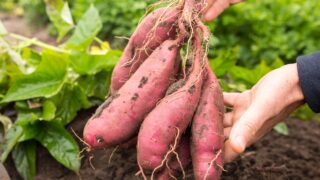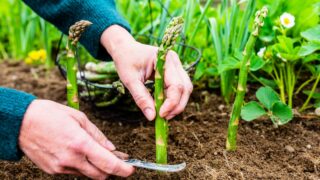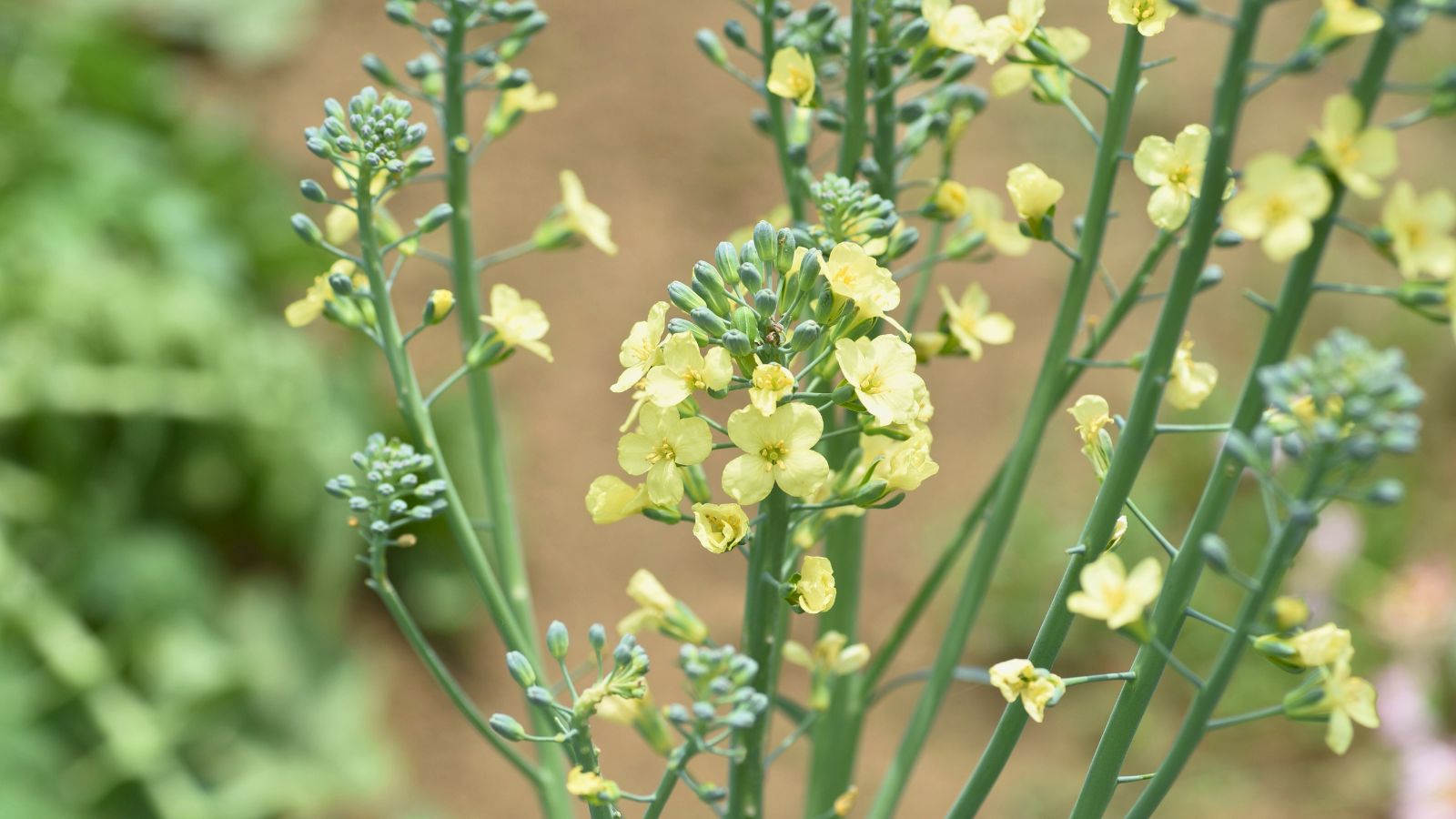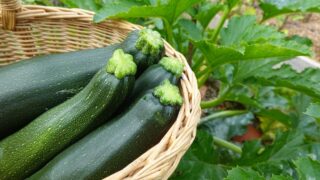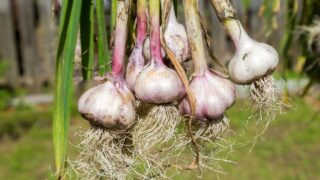People turn to gardening for peace of mind, a sense of purpose, and the simple joy of harvesting something they grew themselves. But for many, gardening goes beyond a hobby—it’s a way to build resilience and self-reliance. Whether you’re preparing for uncertain times or just aiming to grow more of your own food on a …
Vegetable Gardening
Vegetable gardening offers a variety of benefits that will enrich your life in so many ways! In addition to enhancing mealtime with fresh homegrown vegetables that you grew yourself, tending the garden is great for the body. It gets you outside in the fresh air and sunshine where you can get a little closer to nature while enjoying the simple things in life.
It’s important to grow food, not lawns!
The Vegetable Gardener’s Bible The Week-by-Week Vegetable Gardener’s Handbook
The Week-by-Week Vegetable Gardener’s Handbook Don’t Throw In the Trowel!: Vegetable Gardening Month by Month
Don’t Throw In the Trowel!: Vegetable Gardening Month by Month  Raised Bed Gardening for Beginners
Raised Bed Gardening for Beginners
Vegetable Gardening Benefits
Growing a vegetable garden is also great exercise. Tending to and harvesting the plants require a considerable amount of bending and stooping that can help you stay in shape. It’s a great way to clear your head, which enhances mental clarity while improving your self-esteem. After all, sitting down and enjoying the delicious foods you grew yourself is very rewarding.
However, growing a vegetable garden is a lot of work. It takes planning and preparation to ensure your garden thrives but don’t let that deter you from getting started.
All you need is a little guidance and a few great ideas to help you get started and that is exactly what we have to offer.
Vegetable Gardening Tips and Ideas You Can Really Use
The first step in growing a garden involves choosing a location for your plants. Your garden should be close to a water source and have good drainage to prevent standing water from rotting your plants. The location should also allow your plants to receive several hours of direct sunlight to help keep them healthy.
Here, you’ll find some great garden layout ideas and raised gardening plans to help you choose the perfect spot and options for your garden.
You’ll also discover some great tips on which vegetables grow best in the spring, along with tips on how to grow vegetables such as cucumbers, beets, basil, broccoli, and spinach. You can even find information on what to do if you end up with too many tomatoes to eat, so nothing goes to waste.
This is an excellent place to learn about composting and how it benefits your garden. Discover how trench composting works or learn how to compost with worms to help your vegetables grow healthy and thrive.
Pests are a common problem that all gardeners small and large dread. They can do a lot of damage to the vegetables you worked so hard to grow but don’t worry. Here, you can get some great tips on how to get pests such as slugs, snails, caterpillars and hornworms out of your garden without using harsh chemicals.
You can also learn how to protect your garden from animals such as deer, cats, dogs, moles, squirrels and birds that can destroy it in a few short days.
Not having enough space is another problem that keeps many people from enjoying the benefits of vegetable gardening. If you’re dealing with limited space, this is a great place to gather tips and ideas for small space gardening. Learn how vertical gardening works or how to grow a living wall. You can also discover which vegetables grow best in small gardens or learn how and where to grow vegetables indoors for the best results.
Perennial crops put food on the table year after year. It is a joy to gather kale from the kitchen garden, to cut the first spears of asparagus in spring, and to dig up a fresh garlic bulb in late summer. Perennial vegetables not only taste better than grocery store varieties, but they are also …
Did you know you can grow nutrient-packed superfoods right outside your door? You might have considered starting a garden for cost savings or fun, but what about all the nutritional benefits of growing produce in your yard? It’s no secret, homegrown produce is more nutritious than store-bought options because it’s harvested at peak ripeness. Home …
It feels like you plant leafy greens, and then sit and wait for those sprouts to start popping up from the soil. Then, suddenly, a few weeks later, you have an abundant harvest that you need to quickly do something with before it bolts or wilts. If you’re wondering what to do with spinach, you’re …
If you try to make the most of your plants and eat all that you can of a harvest, you might be wondering, “Are broccoli flowers edible?” It’s a great question, so let’s explore the answer. If you’re a broccoli lover, you may already know about the many ways to prepare and eat this veggie. …
The allium family of vegetables are easy to grow and often available year around. They can grow fairly close together, so they don’t take up too much space in the garden. Plus, they add lovely flavor and a dig dose of antioxidants to any meal. So, do you know how to grow allium vegetables? Our …
If you grow zucchini, you probably already know giant zucchinis happen. No matter how careful you are, how often you check, you’ll miss one, and a couple of days later, you’ll come face to face with one of those humongous green beauties. No worries: I’ll share my thoughts on what to do with a large …
There’s nothing quite like freshly picked asparagus from your own garden. It might sound exaggerated, but I promise you that there’s no comparison between store-bought and homegrown asparagus. So, I’ll share our experience with planting asparagus at our new property. Learning how to grow asparagus is really easy, and you’ll enjoy the fruits of your …
Have you heard of cucumber blindness? As gardeners, I’m sure we’ve all suffered from it at one time or another. One day, you look at your cucumber plants and see nothing but tiny cukes, and the next day, you find yourself with one or more giant ones that have grown past their ideal size. Now …
You’ve likely heard the saying, “Let food be thy medicine, and medicine be thy food.” Garlic is one such food that packs a double punch. Not only does it add some serious flavor to your favorite meals, but it also comes with a gamut of potential benefits supported by science. From fresh cloves to odorless …





